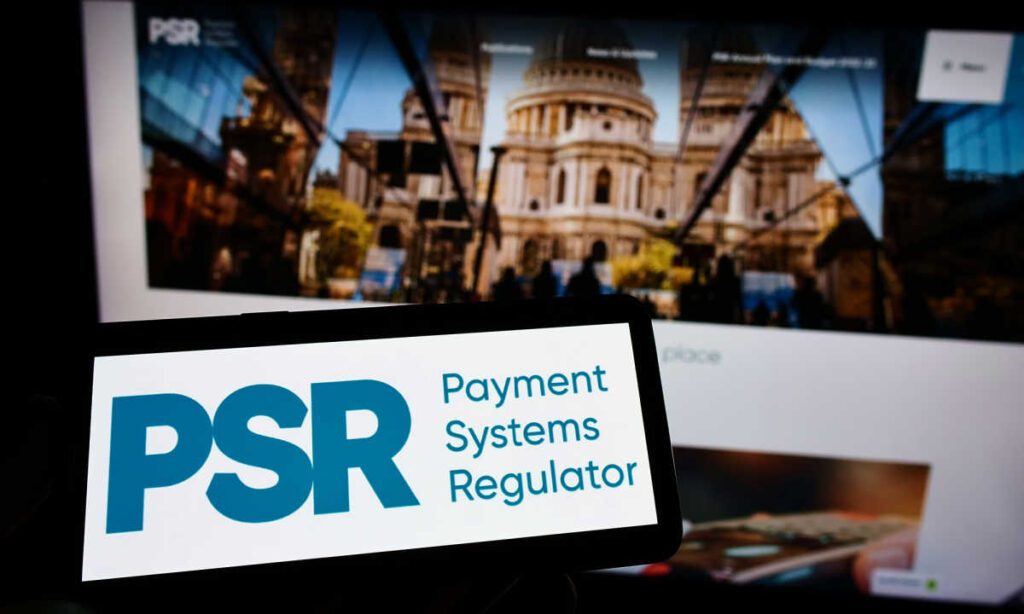The UK Payment Systems Regulator (PSR) has introduced new regulations aimed at countering the escalating instances of authorised push payment fraud. However, TSB has issued a warning stating that these rules may result in around 25% of fraud victims failing to receive compensation.
The revised regulations permit banks to set a £100 threshold for victim reimbursements, suggesting victims losing less than £100 might not qualify for reimbursement. TSB, which presently refunds approximately 98% of all fraud cases, is pressing the regulator to reassess its strategies.
Concerns Raised Over Impact on Vulnerable Demographics
TSB has expressed concerns that these new regulations could disproportionately harm financially challenged individuals already burdened by the current cost of living crisis. The bank has implored the regulator to reassess the proposed £35 excess charge per claim, which could further strain the financial resources of vulnerable individuals.
Recent reports show that fraud victims aged 20 to 40 constitute 52% of all cases, with a further 17% aged above 60. Cases involving losses under £100 may represent only 1% of total fraud losses in terms of financial value. However, based on current fraud rates, this equates to an estimated annual theft of £5 million from UK households.
The high street bank is also alarmed by the widespread use of social media platforms in carrying out various types of fraud, with Meta platforms (Facebook, Instagram, and WhatsApp) implicated in 80% of all purchase fraud committed against TSB customers. UK Finance confirms that a staggering 70% of all push-payment fraud originates on online platforms.
The Impact of Fraud on Individuals is Far-Reaching
Losses of less than £100 can have severe consequences for individuals, particularly those who are financially vulnerable. Such losses can lead to financial stress and, in extreme cases, result in financial instability or even hardship. Advanced fee fraud targets financially vulnerable individuals and accounts for one in 10 cases below the £100 threshold.
The impacts of fraud extend beyond the financial domain. Victims can experience a wide range of emotional and psychological repercussions, including feelings of shame, anger, and vulnerability. This could result in a decline in trust towards institutions or online platforms, which could have long-lasting effects on an individual’s mental health and overall well-being.
Calls for PSR to Rethink Strategies to Safeguard Consumers
In order to enhance consumer protection, TSB is urging the PSR to reconsider its plans to ensure comprehensive protection for all consumers, particularly those in financially vulnerable positions. This could entail revisiting the £100 reimbursement threshold and scrapping the proposed £35 excess charge per claim. It could also involve enhancing efforts to educate consumers about fraud protection and providing support for scam victims.
Consumers have a role to play in safeguarding themselves against fraud. This includes maintaining vigilance when making online payments and verifying the credibility of sellers or service providers. In the event they fall victim to fraud, it is crucial to report it immediately to their bank and Action Fraud, the UK’s national centre for reporting fraud and cybercrime.
Fraud represents a serious problem, inflicting substantial financial and emotional damage on victims. A concerted effort is required from regulators, banks, and consumers to prevent fraud and support victims effectively.



